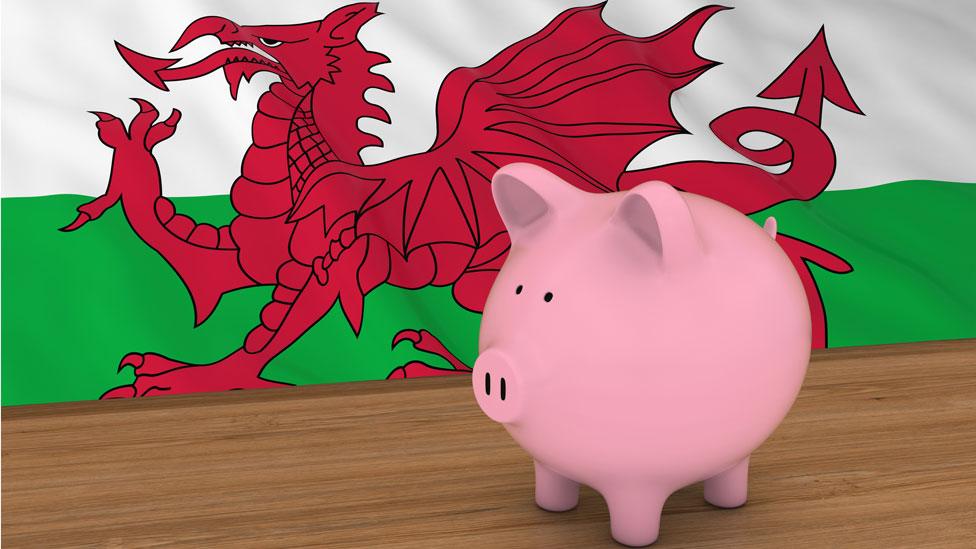Welsh budget: Tax hike on second homes announced
- Published
- comments
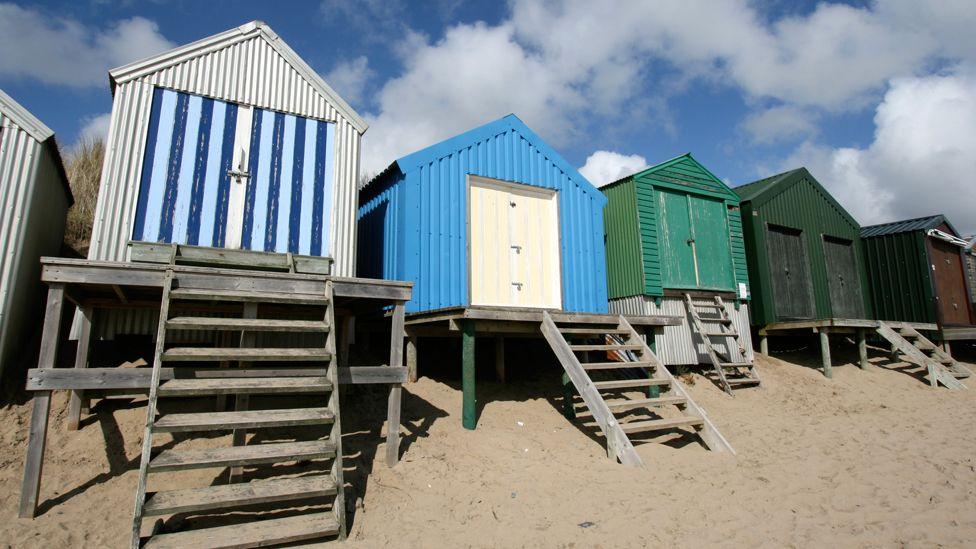
Second homes sold for up to £1.6m will see a levy of up to 16% under the new budget
There will be a tax hike on second homes in Wales to help raise £13m for social housing, it has been announced.
The move is part of the Welsh Government's budget for 2021-22.
The changes to land transaction tax - the Welsh version of stamp duty - come in to force from Tuesday.
It will see second home-owners paying a 4% levy when they buy properties up to £180,000, rising to 16% for homes worth at least £1.6m.
The budget announcement from Finance Minister Rebecca Evans comes just two days after Wales entered the latest coronavirus lockdown.
She has said the budget would mean "difficult choices" as extra Covid-19 funding dries up.
While Wales received an extra £5bn in funding from the UK government this year to deal with the pandemic, this will fall to £766m, in 2021-2022.
Opposition parties have said Wales needs a Covid-19 recovery plan.
But Ms Evans said the budget's "progressive measures will support our businesses, economy and boost our funding for public services in the wake of the crisis".
"As we plan for our first steps beyond the pandemic, this budget is designed to protect health and our economy, build a greener future and create change for a more prosperous, more equal, and a greener Wales," she said on Monday.
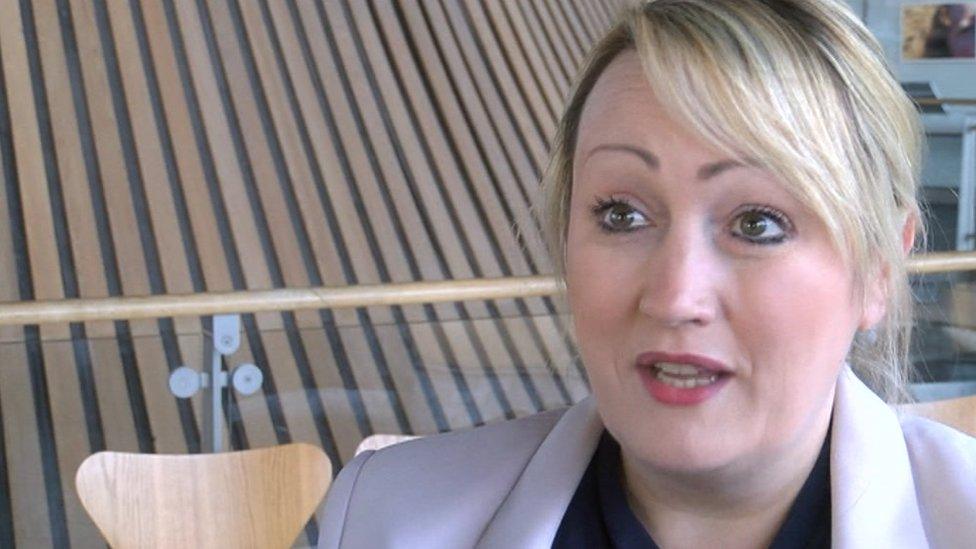
Rebecca Evans says there are "difficult choices" to make
As part of the measures outlined in the budget, there will be an extra £420m for health and social services.
The government said it was delivering an additional £176m for local authorities to support schools, social services and other services responding to the pandemic.
It includes a £10m boost to the Social Care Grant for front-line staff, taking the fund to £50m.
Other headlines outlined in the plans include:
£200m investment in affordable and social housing next year
£40m extra for the Housing Support Grant to address homelessness
£40m for improving education infrastructure
£20m to support active travel
£274.7m investment in rail and metro
The government has also pledged additional funds for young people and education, with £20m to support growing further education numbers, and £9.4m for community and school mental health services.
There will be £8.3m to drive the reform of the education curriculum in Wales.
Ms Evans also announced an "initial Covid response package" of £77m to provide essentials such as free school meals, and to ensure contact tracing is extended next year.
The finance minister said: "Despite the most challenging circumstances we have ever faced as a government, I am proud to announce a budget that delivers on our values and provides sound foundations for the next administration.
"While like-for-like funding per person in Wales remains below 2010 levels, our priorities will steer a course for stability, protecting what matters most and creating the change that is essential to a good recovery."

The Welsh core budget will grow by about £700m - but concerns remain over coronavirus and Brexit impacts
Wales' core budget is about £16.5bn, half of which is spent on health.
Core funding is due to grow next year by almost £700m.
Officials said the unpredictability of the virus, the economic impact of lockdowns and the uncertain outcome of Brexit make it difficult to know whether the government's funding will be enough.
Most of the budget comes directly from the Treasury in London, but around 17% is raised through devolved taxes.
Conservative shadow finance minister Nick Ramsay said despite extra money coming from Westminster, the Welsh Government still has £1.8bn unspent in its current budget.
"We want to see a budget which ends the underfunding of our young people," he said.
"We need a budget which works to tackle the waiting lists in our Welsh NHS. Waiting lists which doubled in the year before the pandemic hit and have since gone up eight times as much.
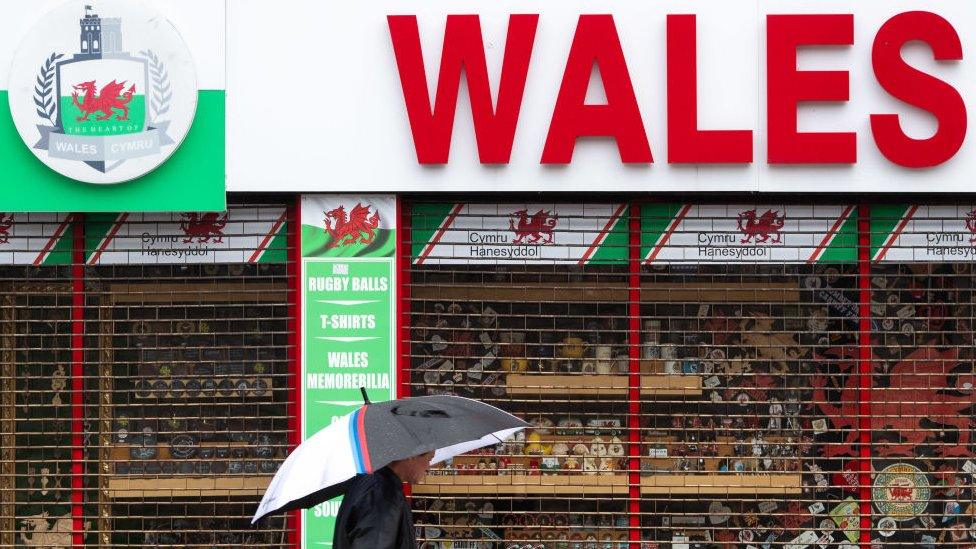
Plaid says "urgent action" is needed in the budget
But Plaid Cymru finance spokesman Rhun ap Iorwerth called for more money to be given by the UK government.
"The block grant allocated to Wales by Westminster is wholly inadequate to meet the unprecedented challenges facing our nation.
"During this pandemic, inequality has shown itself to be widespread in Welsh communities.
"Urgent action is needed to rebalance our economy, to lift children out of poverty, and to recognise the essential contribution of our front-line workers."

Huge amounts have been spent tackling Covid-19, giving the Welsh Government a cash injection of £5bn this year.
Putting the economy on life support through funding businesses has taken the biggest portion of that.
Finance Minister Rebecca Evans has less to play with next year - just £766m, and so far she has only announced plans to spend about 10% of it.
The rest will be divvied up between government departments next year.
Ordinarily that would be a juicy prospect for a government in an election year.
But, as Ms Evans's budget says today, the outlook for the economy is "highly uncertain". She is likely to face further calls to shore-up the public and private sectors in 2021.
All this is on top of a core budget of more than £16bn which, after years of austerity, is growing again.
Even so, under some of the scenarios mapped out in the budget documents, if increases to the Welsh NHS budget keep pace with health spending in England other departments will be squeezed and could endure real-terms cuts in the years to come.
- Published19 October 2020

- Published3 November 2020
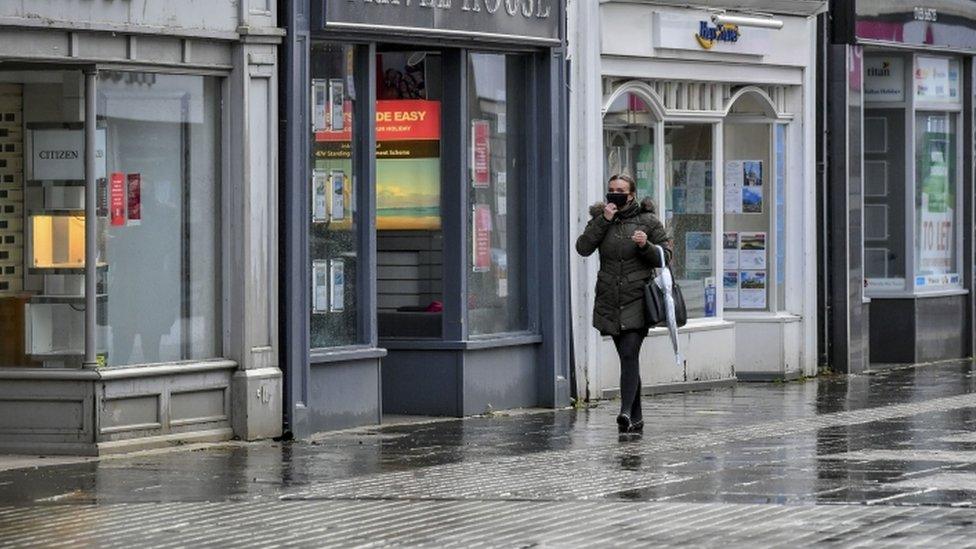
- Published27 October 2019
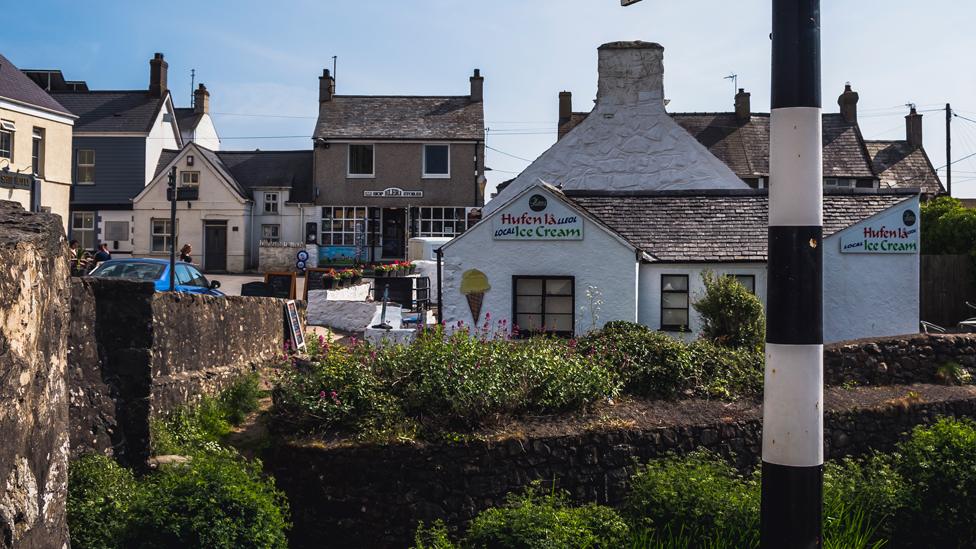
- Published25 November 2020
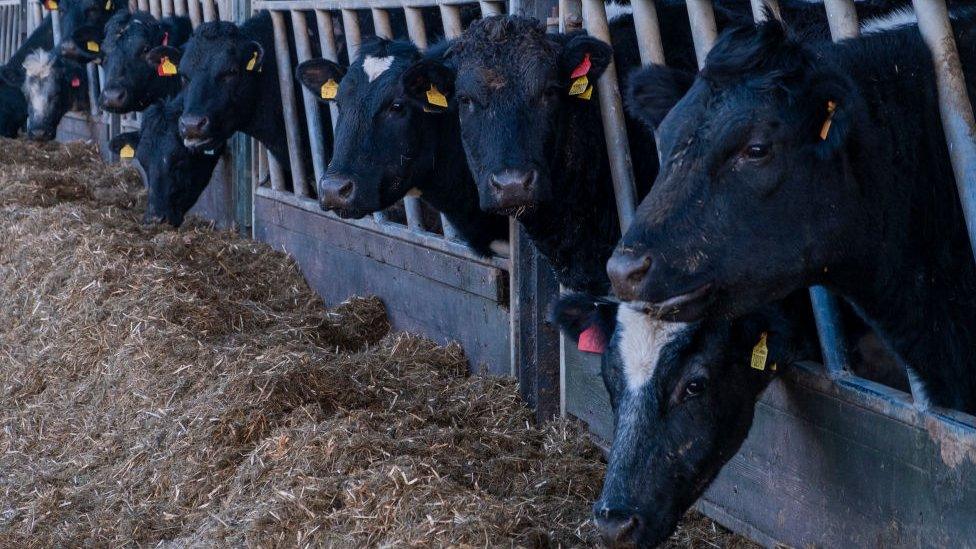
- Published16 December 2019
